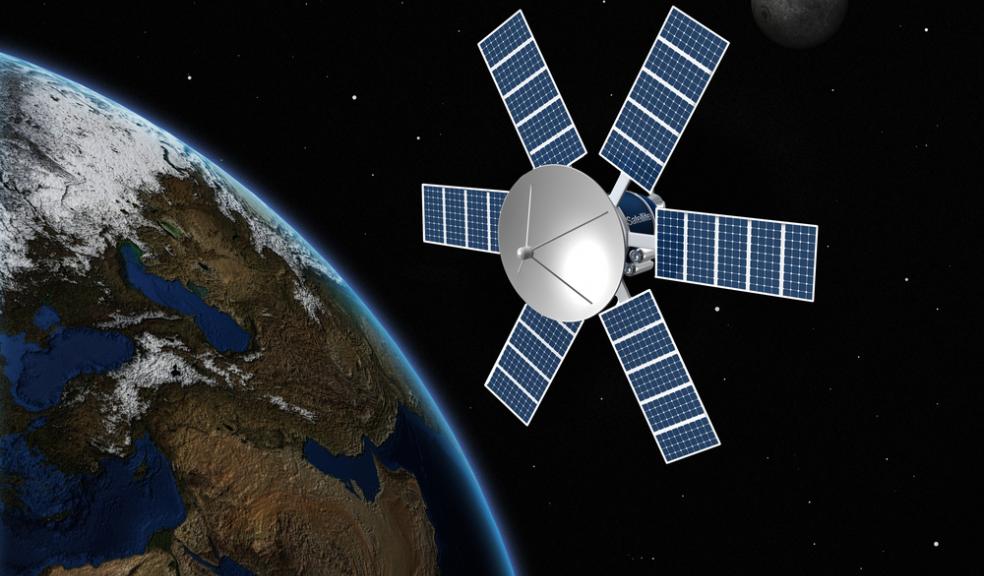
University team proves to be 'out of this world' in NASA global contest
A team of University staff and students has received global praise from NASA for its innovative idea to control cameras on-board a space satellite and relay live data to mobile devices.
The team ‘ArduHack’ took on one of six space issues in the NASA space challenge, which was held at the Met Office in Exeter recently.
They were selected as the regional winners and were entered into the global contest against 2,000 different teams made up of more than 9,000 people around the world. The global results were announced at the Victoria and Albert Museum and the team’s innovation was ranked one of the top five solutions in the world. They also received an honourable mention in the ‘best use of hardware’ category.
The team was made up of students from the School of Computing and Mathematics Simon Cotts, Tristan Heaven, Max Simmonds and Alexander Rowe, and Andy Annamalai, marine robotics researcher at the University. He said: “We were delighted that the judges thought so highly of our idea and to then receive placing in the global contest was even more astounding.
"The fact that our solution was considered one of the best in the world is a huge compliment and motivator for the entire team.”
Their chosen challenge was to enhance the functionality and processing power of ArduSat, an open nano satellite which is orbiting the Earth. This involved using a credit card-sized single board computer called Raspberry Pi as a main computer and establishing a connection with the current electronics platform fitted on-board known as Arduino.
To illustrate its new functioning capabilities, they used the paired electronics to control a camera on a prototype satellite. The technology allowed them to alter the frame to keep a certain object in the central focus. In space this would mean that the Earth, for example, would remain central in images from the on-board camera. These images can then be streamed into a webserver and accessed by anyone through numerous devices including mobile phones, tablets and via web app providing real time pictures and data such as pressure and temperature.
The team was assisted by Alistair Macdonald, freelance IT consultant; Patrick Ewen, a year 10 student at Okehampton College; and Rachel Prudden, IT Practitioner at the Met Office, with support from Dr Nicholas Outram and Professor Steven Furnell from the University.
Dr Outram, Associate Professor in Biomedical Informatics and E-Health, said: “These students took the initiative to venture into the unknown and demonstrate their resourcefulness under pressure.
"To reach the finals and be ranked among the top five is a truly remarkable achievement and an inspiration to others.”
The innovation has already been picked up by a specialist company and two launches are due to take place this year to put the idea into reality. The satellites will be launched on resupply missions that are carrying cargo to the International Space Station and will be deployed using a Japanese-made CubeSat deployer, coordinated by NASA and the Japanese Aerospace Exploration Agency JAXA.
Professor Steven Furnell, Head of School of Computing and Mathematics, added: “This is a really excellent achievement for the students and it is a credit to their ability and commitment that they were not only able to come together to form an effective team, but also to devise a truly innovative solution that gave them a deservedly high ranking.”













